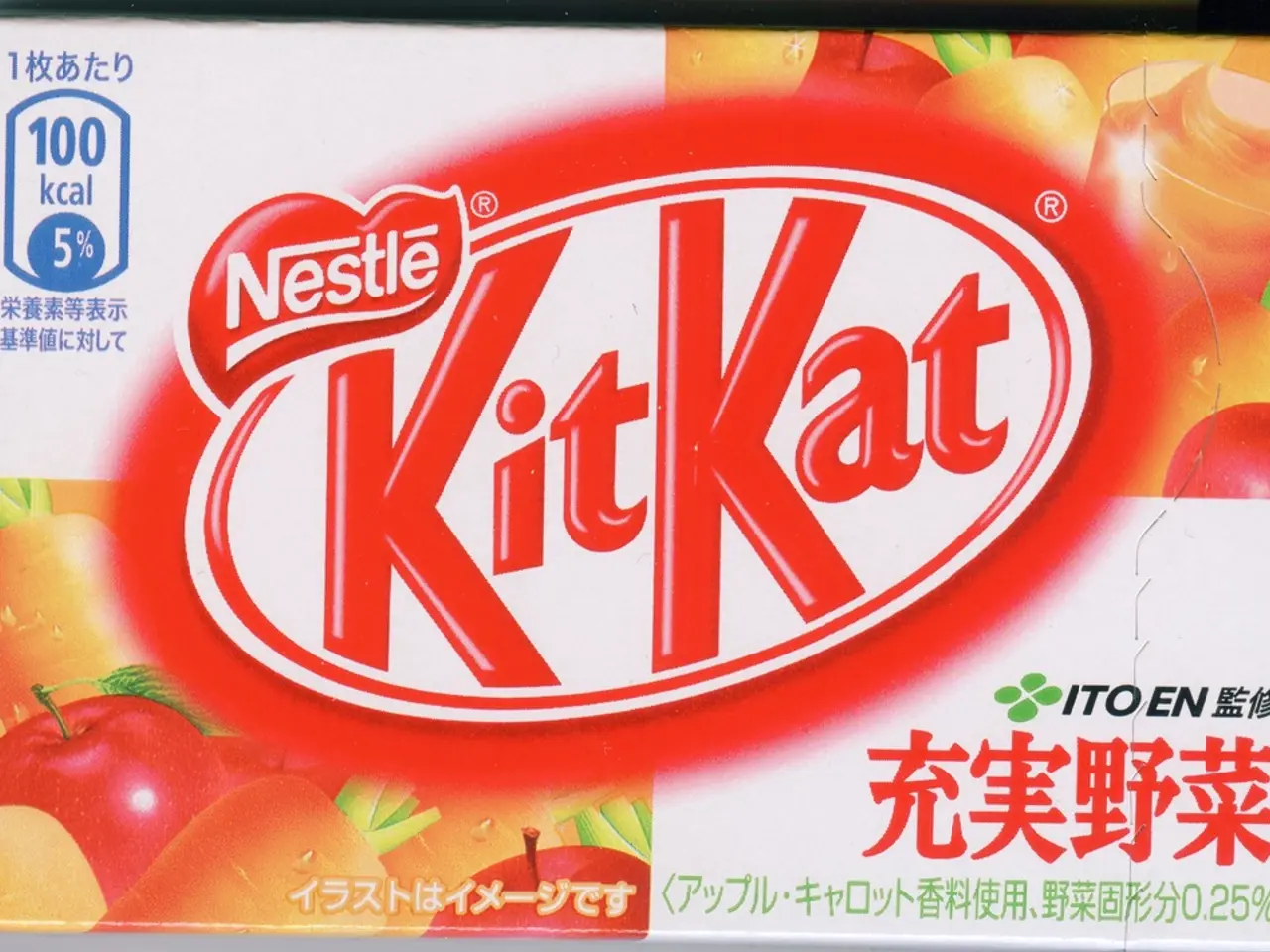Pre- and Post-exercise Nutrition: Comprehensive Guide to Fueling Your Body
Proper nutrition plays a crucial role in maximizing workout performance, maintaining energy levels, promoting muscle repair and growth, reducing fatigue and soreness, preventing muscle loss, and supporting overall health.
Pre-Workout Meals
For sustained energy and support muscle function, consider meals that combine easily digestible carbohydrates for quick energy with moderate protein and healthy fats. Examples of such meals include oatmeal with berries and nuts, banana with peanut butter, or whole-wheat toast with avocado and egg.
Natural options like beetroot juice, bananas, and chia seeds can also improve stamina and performance. Plant-based complete protein sources combined with complex carbs, such as quinoa, amaranth, or lentils, can optimize pre-workout nutrition, especially for endurance and muscle gain goals.
Post-Workout Meals
After a workout, the body needs nutrients to replenish glycogen stores, reduce muscle breakdown, promote muscle protein synthesis, and speed up recovery. Meals with a higher protein to carbohydrate ratio, often recommended at 3:1 carb to protein for muscle gain, and 2:1 carb to protein for fat loss, help with muscle recovery and replenish energy stores.
High-protein foods like low-fat cottage cheese, tempeh, tofu, or edamame offer complete proteins essential for muscle repair, combined with some carbs like sweet potato or brown rice. Quick and convenient snacks such as almond butter paired with fruit or whole grain bread also provide healthy fats and protein beneficial after workouts.
Adjusting Your Meals
To optimize gains, adjust your pre- and post-workout meals depending on your specific goals. For example, for endurance training, include electrolytes and salt in post-workout hydration. For muscle gain (bulking), aim for a higher calorie meal with a 2:1 or 3:1 carb-to-protein ratio post-workout. For fat loss (cutting), prioritize lean protein and veggies or complex carbs post-workout.
Remember to avoid high-fat meals, high-fiber foods, and sugary snacks before a workout, as they can hinder recovery. Also, avoid skipping meals, sugary sodas or candy, and alcohol after a workout.
Hydration
Aim for 20-40g of protein post-workout, and for post-workout rehydration, consider electrolyte-rich fluids like coconut water or sports drinks. Drink 16-20 oz of water at least 2-3 hours before your workout and 7-10 oz right before.
Supplements
Pre-workout supplements containing caffeine, B-vitamins, and nitric oxide boosters can increase energy and focus. Creatine can boost power, strength, and recovery, and can be taken before or after a workout.
Examples of Meals and Snacks
Examples of post-workout meals include grilled salmon, quinoa, and roasted vegetables, chicken breast with sweet potato and green beans, and whole grain wrap with lean beef, avocado, and veggies.
For a pre-workout meal 2-3 hours before exercise, eat a full meal with carbs, protein, and fat. For a pre-workout snack 30-60 minutes before exercise, choose a small snack rich in easily digestible carbs and a small amount of protein, such as a banana with a spoon of peanut butter, Greek yogurt with berries, or a protein smoothie with banana and almond milk.
This guide focuses on optimizing workouts with smart nutritional strategies. Experimentation can help find what works best for sustained energy, performance, and recovery.
- Proper nutrition plays a crucial role in maximizing workout performance and maintaining energy levels.
- Sustained energy and support for muscle function can be achieved through meals combining easily digestible carbohydrates, moderate protein, and healthy fats.
- Examples of such meals include oatmeal with berries and nuts, banana with peanut butter, or whole-wheat toast with avocado and egg.
- Natural options like beetroot juice, bananas, and chia seeds can also improve stamina and performance.
- Plant-based complete protein sources combined with complex carbs, such as quinoa, amaranth, or lentils, can optimize pre-workout nutrition for endurance and muscle gain goals.
- After a workout, the body needs nutrients to replenish glycogen stores, reduce muscle breakdown, promote muscle protein synthesis, and speed up recovery.
- Meals with a higher protein to carbohydrate ratio, often recommended at 3:1 carb to protein for muscle gain, and 2:1 carb to protein for fat loss, help with muscle recovery and replenish energy stores.
- High-protein foods like low-fat cottage cheese, tempeh, tofu, or edamame offer complete proteins essential for muscle repair, combined with some carbs like sweet potato or brown rice.
- For endurance training, include electrolytes and salt in post-workout hydration.
- For muscle gain (bulking), aim for a higher calorie meal with a 2:1 or 3:1 carb-to-protein ratio post-workout.
- For fat loss (cutting), prioritize lean protein and veggies or complex carbs post-workout.
- Avoid high-fat meals, high-fiber foods, and sugary snacks before a workout, as they can hinder recovery.
- Aim for 20-40g of protein post-workout, and for post-workout rehydration, consider electrolyte-rich fluids like coconut water or sports drinks.




